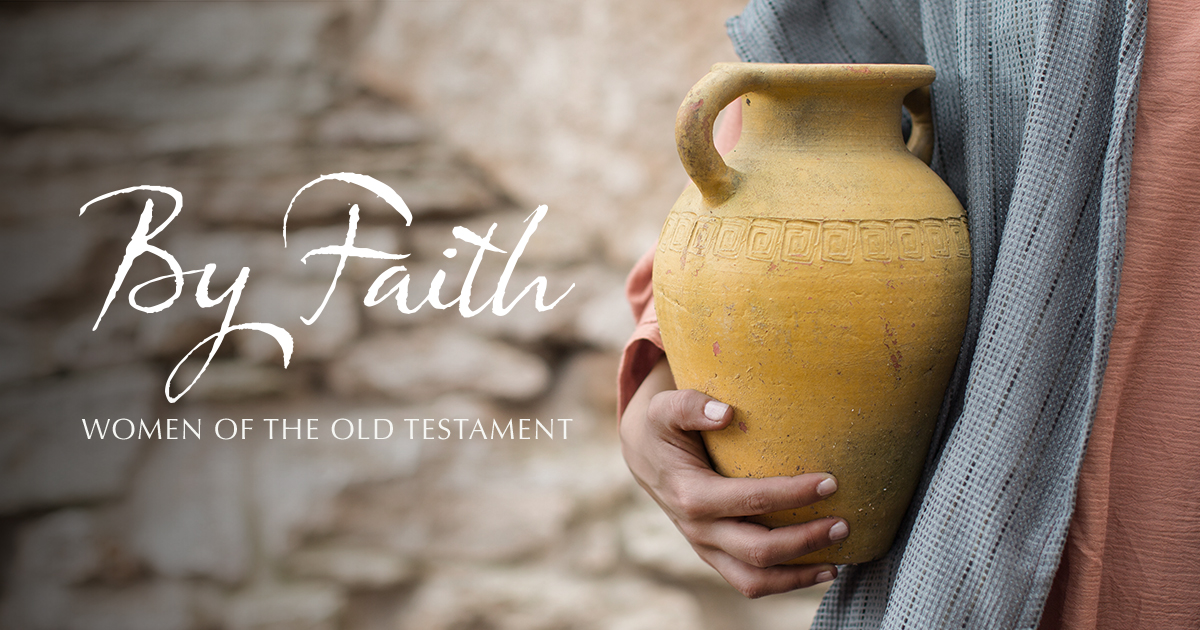

Daily Devotional | Eve - Work, Worship, and Partnership
- March 2, 2021 | Genesis 2:4–25
Our twelve-year-old son would probably tell you that “work” is a dirty word. As parents, we want to encourage him to see work differently, to model a joyful approach, and to invite him into that mindset.
In Genesis 2:15, we learn about Adam’s role in creation (and Eve’s when she joins him). God put him in the garden to “work it and take care of it.” In Scripture, the verb used for “work” most often describes service to God, rather than agricultural tasks. Thus, Adam’s assignment (and Eve’s) was not merely a utilitarian or physical job. It was a spiritual one. Their work was their worship.
Then, in verse 18, God evaluated this arrangement. In chapter one, He had already declared that everything He made was “good.” Here, for the first time, something—man’s aloneness—was considered “not good.” Since man was unable to function in the complete way that God had created Him, God determined to make a “helper suitable for him.” In verses 19–20, Adam began his work and worship by naming each of the animals, but in the process, no “suitable helper” for him was found. The word “helper” describes someone who comes to the aid of someone else—both physically and spiritually, but “helper” in no way indicates a lesser position or inferior worth. The word used for “suitable” describes the woman as equal in worth, as well as “opposite” and “harmonizing.” Thus, a “complementary partner” was required for the first man. To form Eve, God sent Adam to sleep and took a handful of bone, muscle, and flesh from Adam’s side (v. 22). Adam’s response—“This is bone of my bones and flesh of my flesh”—recognized both their similarity and her derivative nature (v. 23). Eve was his partner—in work and in worship.
>> This passage should be foundational to how we view ourselves, our work, and our relationships. What does it reveal to you about God’s intent in creation? Does it change the way you think about yourself?
Pray with Us
Our culture often holds men and women in opposition, but Father, we recognize that you created us to complement one another and to serve you. Orient our attitudes toward one another around your purposes in creation.






